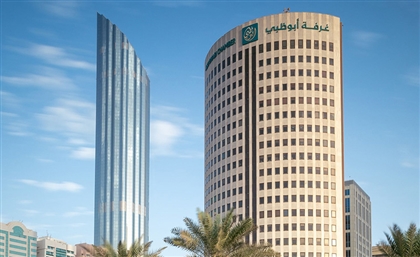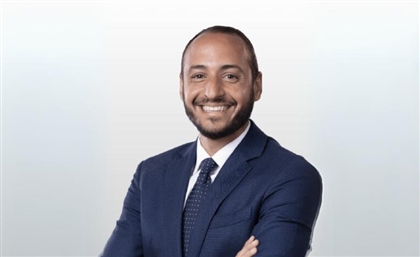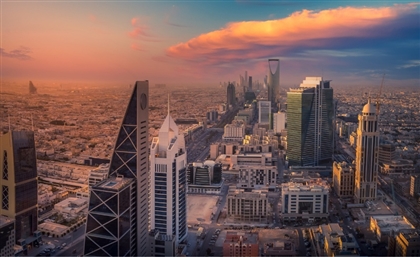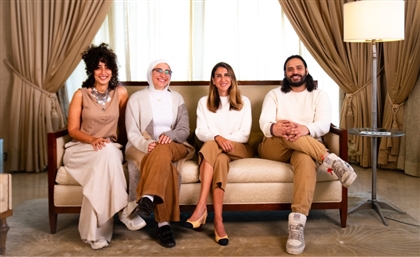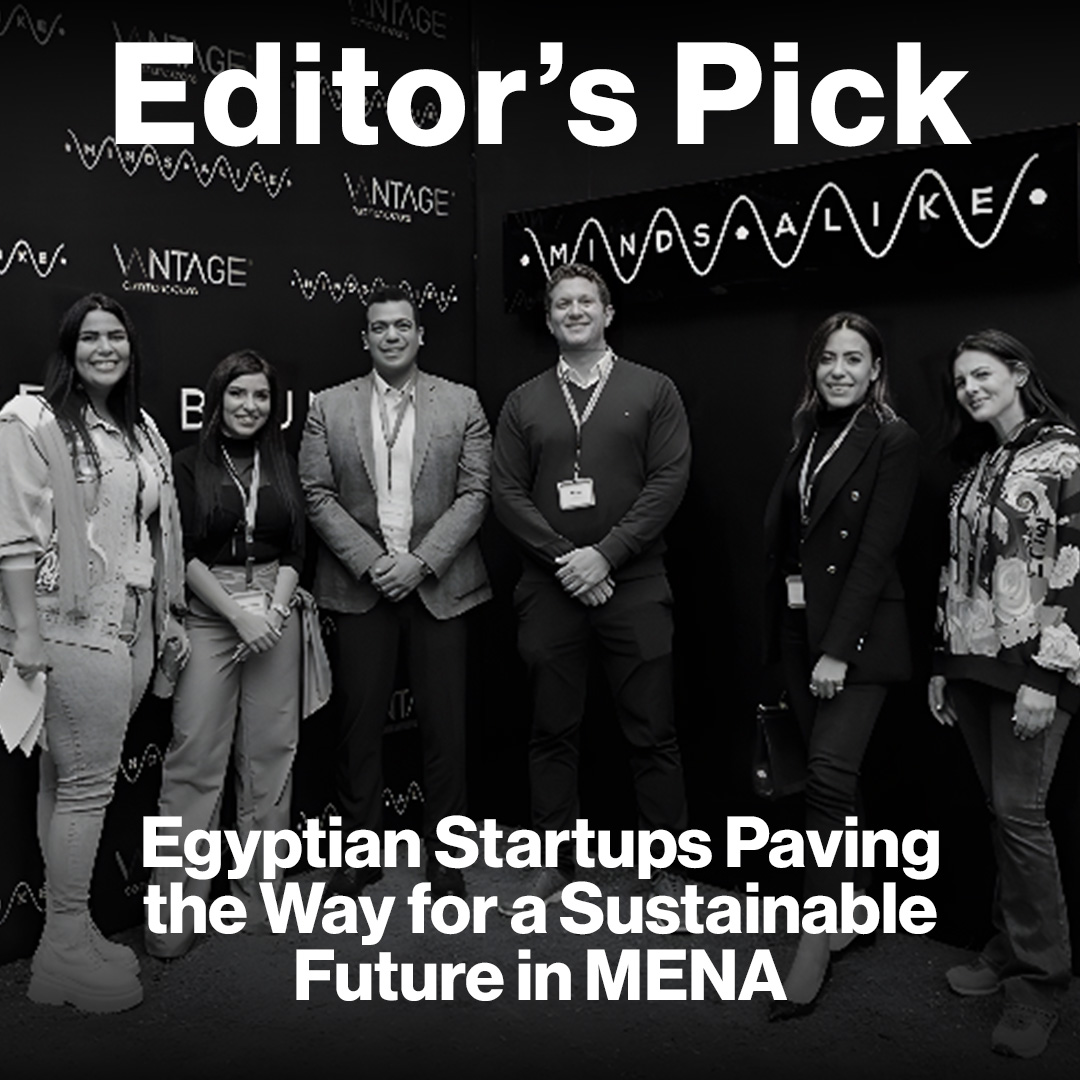How Abu Dhabi Startup FortyGuard Cools Down Cities Across the Globe
This startup uses AI and machine learning to provide data that could help mitigate the effects of rising temperatures.
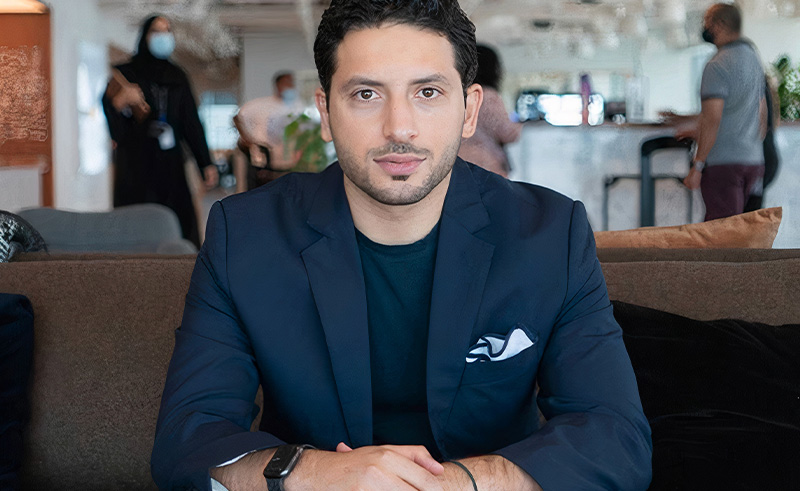
Abu Dhabi-based cleantech startup FortyGuard aims to cool down cities in the Middle East and around the globe. Founded in 2020 by Jay Sadiq, the startup uses AI and machine learning to provide data, insights, and visualization to determine the exact areas where temperatures are increasing, and suggests ways to mitigate the effects of heat in these locations.
Serial entrepreneur Sadiq wanted to deviate from popular-type of startups in the region, such as fintech and e-commerce, and focus instead on creating an innovative platform from scratch that can be exported to the world. He first thought of a solution for climate change when visiting Los Angeles in 2019 and seeing firsthand the city being painted with a white pigment to cool it down. “I was really intrigued,” Jay Sadiq, Founder and CEO of FortyGuard, tells StartupScene. “I thought this was fantastic. How can we cool down Dubai?”
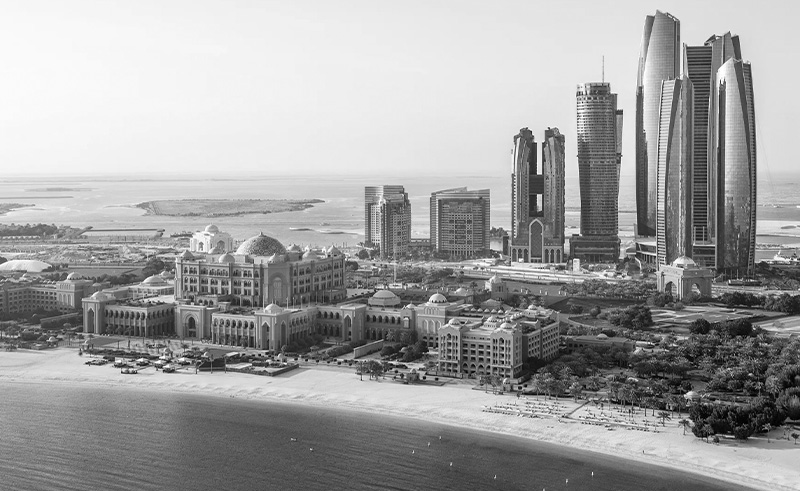
Cooling down cities was also a personal problem that he wanted to solve, since he was diagnosed with asthma as a child. “Heat was one of those contributions to the challenges that limited me from spending time outdoors for an extended period of time,” he says.
Named after the Ozone layer, FortyGuard was founded with the intent that it'd mainly be used by governments and the private sector. Since launching, the startup has worked with leading companies such as Masdar City and Emirates Global Aluminum, and is now getting ready to bring its solutions to Miami, Florida as part of its global expansion strategy.
FINDING HOT SPOTS
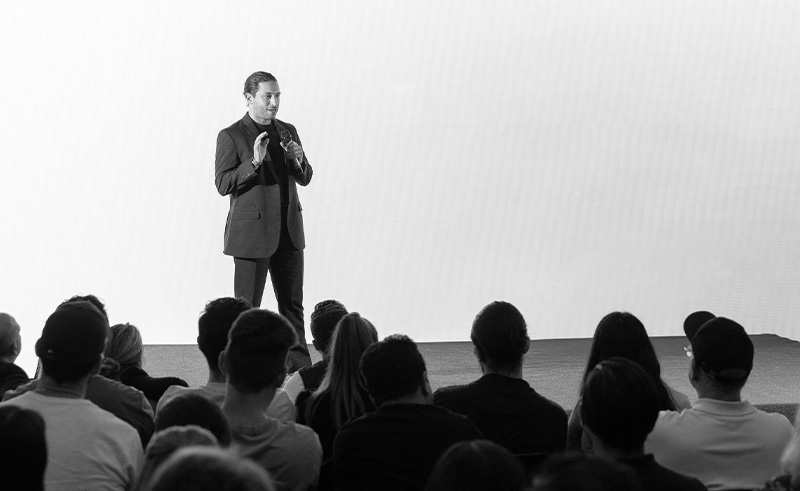 Although a young startup, FortyGuard had to pivot soon after launching to maintain relevance and to keep investor interest. Starting out as a material science company, FortyGuard initially developed climate-conscious asphalt to reduce the amount of heat on roads and other surfaces. Despite the product’s success, it required a lot of machinery, making it difficult to scale.
Although a young startup, FortyGuard had to pivot soon after launching to maintain relevance and to keep investor interest. Starting out as a material science company, FortyGuard initially developed climate-conscious asphalt to reduce the amount of heat on roads and other surfaces. Despite the product’s success, it required a lot of machinery, making it difficult to scale.
But it was an investor’s question that would alter the direction of FortyGuard. When asked where the asphalt was going to be used, Sadiq replied, “Everywhere.” However, “everywhere” was not possible because the temperature is not the same across any one city. This prompted Sadiq to look into creating a tool to provide data and visualize the hotspots in a granular manner.
 “We then decided to solve this problem, which is to cool down cities,” says Sadiq. “We needed to build a measuring tool, so we used the power of AI and machine learning to understand from an analytical perspective why those places are hot, what is the impact on the energy demand, and of course carbon footprint, among other things, as well as operationally. But more importantly, what is the impact on human thermal comfort?”
“We then decided to solve this problem, which is to cool down cities,” says Sadiq. “We needed to build a measuring tool, so we used the power of AI and machine learning to understand from an analytical perspective why those places are hot, what is the impact on the energy demand, and of course carbon footprint, among other things, as well as operationally. But more importantly, what is the impact on human thermal comfort?”
By providing the data, analytics and suggestions to cool down hot areas, FortyGuard was able to cater to a wide business sector such as urban planners, engineers, and construction companies. “We can tell them what exactly needs to be done in the city to cool it down, from a materiality perspective, design perspective, and operational perspective,” he says. “And we are delivering the whole thing- the data, the visualization, the analytics, the insights- into one unified operating system that we call TOS, temperature operating system.”
WHY IT MATTERS
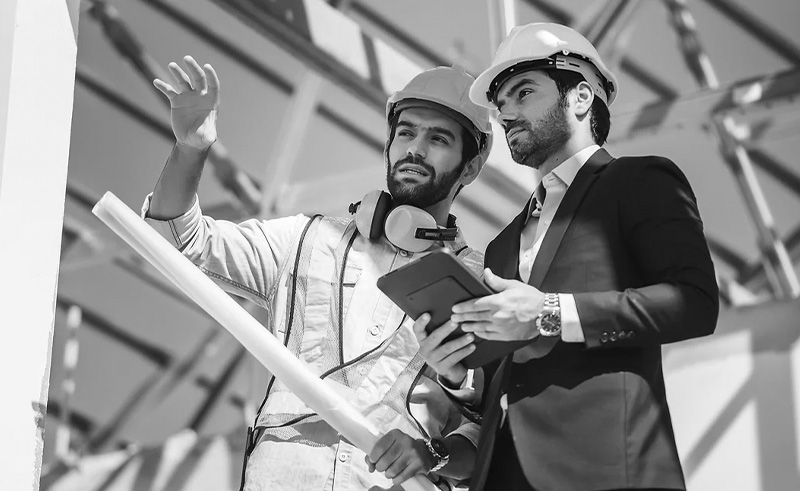 It is getting hotter every year. Last year was the warmest year on record since 1850, and it is the first year with all days over 1 Celsius warmer than the pre-industrial period, according to Copernicus Climate Service (C3S).
It is getting hotter every year. Last year was the warmest year on record since 1850, and it is the first year with all days over 1 Celsius warmer than the pre-industrial period, according to Copernicus Climate Service (C3S).
As greenhouse gasses continue to be released into the earth’s atmosphere, from methane to carbon dioxide, the planet is expected to get warmer with each passing year, particularly more so in cities than rural areas. This is because cities typically have more concrete and few trees, which help trap in heat. “The year 2023 was the hottest year in comparison to all the previous years,” he says. “So, the only prediction that you and I can have, and we know how hot it is now, is that next year is going to be hotter. And the year after it’s going to be hotter.”
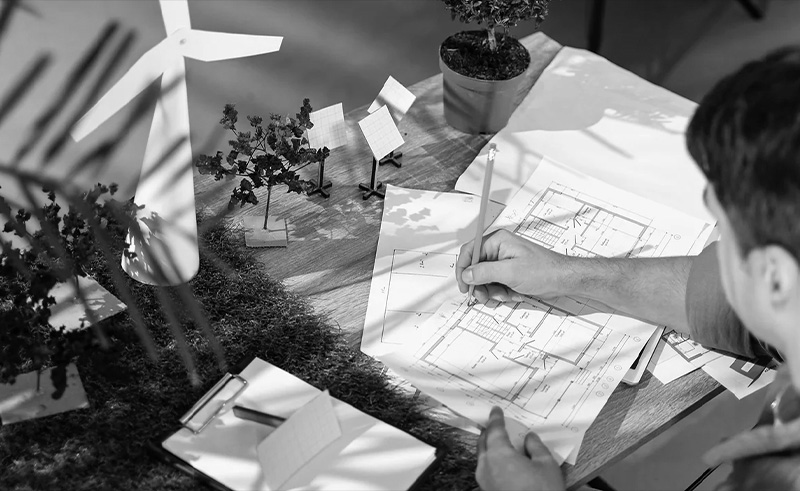 Through the SaaS platform, Sadiq aims to make cities cooler, smarter and more sustainable. Operating on a subscription model, businesses and organizations can extract relevant data and insert it into their own applications and platforms, to not only make informed decisions, but also turn data into actionable insights.
Through the SaaS platform, Sadiq aims to make cities cooler, smarter and more sustainable. Operating on a subscription model, businesses and organizations can extract relevant data and insert it into their own applications and platforms, to not only make informed decisions, but also turn data into actionable insights.
“So, if you’re building a navigation tool and you want to give your clients the freedom to understand what is the coolest route instead of the shortest one, you can do that,” explains Sadiq. “If the government is trying to understand the risk zones in their city to mitigate the risk of heat waves, to know where to build a hospital or a kindergarten, they can do that. If it’s a tourism company, and they want to promote outdoor events and activities, they can do that. We’re giving users the API, which is the freedom to use our analytics and data, with their own applications and in their own environment.”
TAKING IT GLOBAL
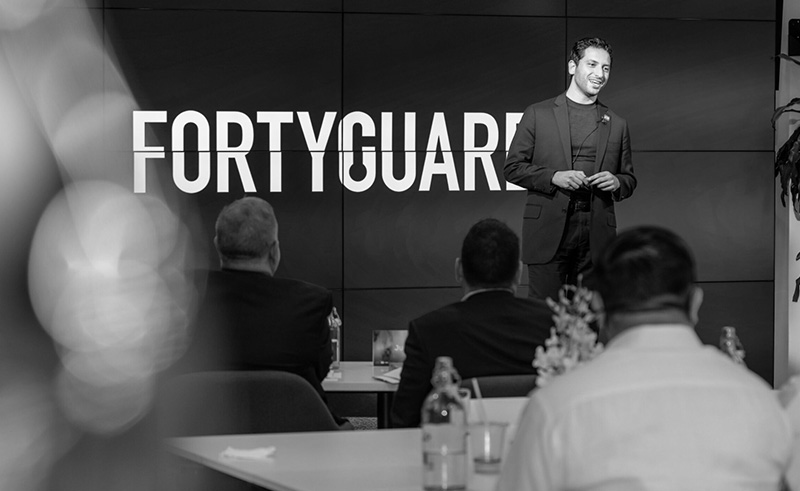 Backed by Abu Dhabi’s Hub71 tech ecosystem, FortyGuard joined Techstars Miami in March to bring its solutions to the US market.
Backed by Abu Dhabi’s Hub71 tech ecosystem, FortyGuard joined Techstars Miami in March to bring its solutions to the US market.
Sadiq hopes to connect with like minded investors, clients, and business partners since Miami is also particularly vulnerable to climate change, experiencing rising sea levels and warmer temperatures. Yet, the US is just the first stage of Sadiq’s ambitious expansion strategy. He wants to take FortyGuard to Europe, Asia and Africa in the near future. Afterall, climate change is a global problem affecting all parts of the world.
global problem affecting all parts of the world. “The US is just a stage out of many other stages that FortyGuard is going to come across,” he says. “Next is Canada, the Europe Market, and Asia and of course, very importantly the African market, to cover the entire world and to solve global warming.”
 Despite his ambition to take the startup global, he wants the region to become a hub for innovation, talent, and funding- things he says most startups struggle with in the Middle East. “I know we have a good chunk of operators in terms of accelerators, incubators and a few VCs, but it’s not enough,” he says. “We’re early into this, which is good, but I think a lot needs to be done before we start losing many of our innovative companies, early stage startups and founders who want to build things in this region.”
Despite his ambition to take the startup global, he wants the region to become a hub for innovation, talent, and funding- things he says most startups struggle with in the Middle East. “I know we have a good chunk of operators in terms of accelerators, incubators and a few VCs, but it’s not enough,” he says. “We’re early into this, which is good, but I think a lot needs to be done before we start losing many of our innovative companies, early stage startups and founders who want to build things in this region.”
For now, though, Sadiq hopes to be leading by example in establishing a local startup for the world. “My ambition was always to build a technology that I can export from the region, from this Arab world, from those creative minds and resources that we have in this place to the rest of the world,” he says. “And I believe that’s what we’re doing with FortyGuard.”
- Previous Article Oman-Based Adtech Startup Mubashir Secures Funding From ITHCA Group
- Next Article Saudi Startups Received $198 Million in March 2024
Trending This Month
-
Apr 05, 2024




